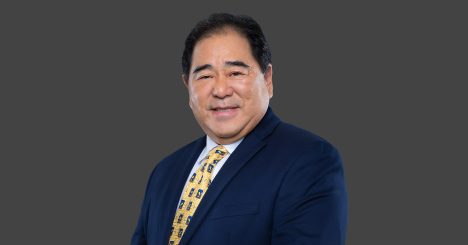From: Hawai‘i Employment Law Letter | 07/31/2018
Hawai‘i Governor David Ige has signed two employment-related bills into law as well as a third measure to create a study group that will prepare a report for the 2020 legislature on the feasibility of implementing paid family leave in the state.
3 key employment law-related actions
Salary history ban. On July 5, 2018, Ige signed Senate Bill (SB) 2351 into law as 2018 Act 108, which will prohibit prospective employers from requesting or considering a job applicant’s wage or salary history as part of an employment application process or compensation offer. Legislators believed an employer’s ability to consider an applicant’s compensation history was a contributing factor in perpetuating the gender pay discrepancy. The new law, which takes effect on January 1, 2019, also:
- Prohibits Hawai‘i employers from establishing policies that require employees to keep their wages secret; and
- Bans retaliation or discrimination against employees who disclose, discuss, or inquire about their own pay or coworkers’ wages.
Health care changes. The second bill took effect when Ige signed it on July 5. SB 2340 is now 2018 Act 111 and incorporates three key components of the federal Affordable Care Act into Hawai‘i’s Prepaid Health Care Act, Hawai‘i Revised Statutes chapter 393:
- Extends dependent coverage to age 26 for policies that provide dependent coverage for children;
- Prohibits exclusions for preexisting conditions–a limitation or exclusion of benefits, including a denial of coverage based on the fact that the condition was present before the effective date of the coverage; and
- Prohibits discrimination with regard to premiums or contributions based on the covered individual’s gender.
Paid leave. For the past several years, Hawai‘i’s legislature has considered numerous proposals to establish a system for employees to receive paid sick leave and paid family leave. The ideas ranged from requiring employers to provide the benefit, arranging for employers and employees to contribute to a state-managed fund, or establishing accounts for employees to fund. A bill to establish a state-managed fund went to a final conference committee this past session but was revised to establish a working group to study the feasibility of implementing a paid leave program to be used for family leave purposes.
A sticking point has been the size of the employer. Many larger employers already offer paid leave while most small employers do not, and providing such a benefit may cause them severe hardship. As a result, the legislature proposed SB 2990, which asks Hawai‘i’s Legislative Reference Bureau to research ways to provide paid family leave and submit a proposal for the 2020 legislature to consider. We’ll keep you posted on any developments.





